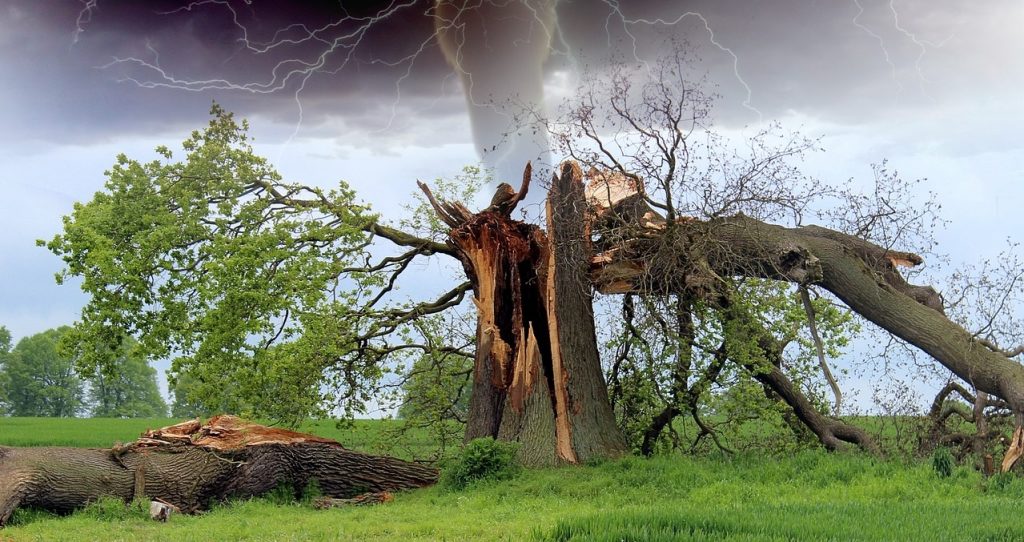Oil and gas industry executives don’t need to see a new Wikileaks story about secret CIA hacking tools or hear more about the electronic penetration of presidential campaigns to understand the seriousness of a potential digital hack to their operations.
But it’s a large step from knowing a risk exists to being ready for it. Achieving confidence in the ability to manage such risk can involve substantial new investments and operational adjustments, even for an industry accustomed to meeting regulatory, operational and market challenges.
Protiviti’s recently released 2017 Security and Privacy Survey indicates that oil and gas companies are facing their cybersecurity challenges in ways similar to other industries. The survey’s main findings include:
- Nearly one in five companies cannot confidently identify or locate their “crown jewels,” or most valuable data assets, because they lack an effective enterprisewide data classification scheme and policies.
- How well companies manage their vendors’ security practices marks a notable difference between top security performers and the rest.
- Companies with a high level of board engagement in information security issues rate considerably higher than those without such involvement in nearly all facets of information security best practices. These companies also report a higher level of confidence in their ability to prevent an opportunistic data breach.
These findings largely correspond to what we have seen among our own energy clients. One difference we have noticed, however, is that energy companies tend to have little to no formal documentation on testing of security incident response plans, compared to other industries. This could mean that energy executives have not substantiated a basis for the same level of breach-prevention preparedness as some other industries. I would argue that as a critical infrastructure, they should.
Although Protiviti energy clients indicate they are committed to security, we see about the same 38-percent level of compliance with implementation of the five core information security policies identified in the Protiviti survey: acceptable use, records retention/destruction, data encryption, information security, and social media policies.
In addition, energy companies, specifically those in exploration and production (E&P), have been hesitant to invest in tools to identify where their “crown jewels” are stored, apparently on the basis that many do not feel their company is much at risk because it does not retain much sensitive data. However, many common processes at E&P companies (i.e., escheat and royalty owner payments) do involve sensitive information protected by state privacy laws (e.g., individual tax ID numbers are actually Social Security numbers). Further, company confidential information, such as reservoir data, land acquisition data, and merger and acquisition activity, would be considered data that requires identification and protection. Very commonly, even where these processes are mostly manual, this information is digitized (e.g., scanned documents) or entered into a system. If the company does not know what data exists and where, it will have a difficult time protecting it.
Energy executives and boards would be wise to ask themselves some worst case scenario questions and know the answers now rather than having to discover them under fire later:
- If our data assets were compromised, could they be reconstructed, and how long would it take?
- If field operations were disrupted by an attack on the operational control system, how much revenue would be lost per week? Per month?
- If competitors or counter-parties were able to learn confidential details of our strategies and plans, where would our company be most vulnerable?
The bottom line is that what you don’t know, such as where your critical data is, can, and eventually will, hurt you. With all issues of cybersecurity, it’s only a matter of time.





